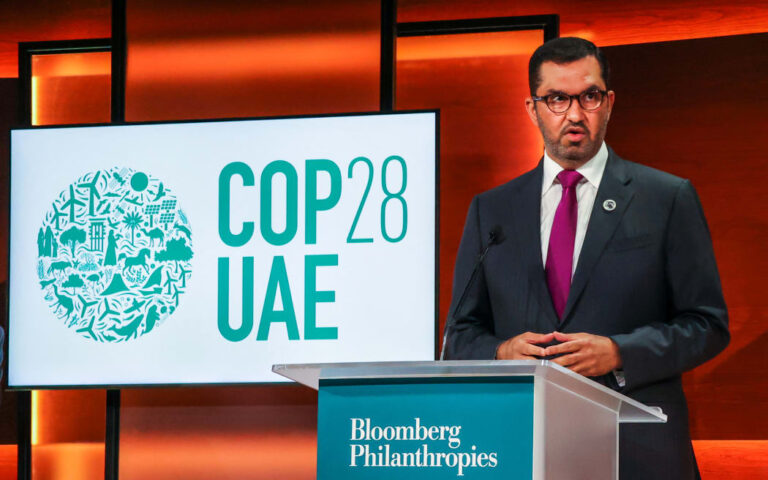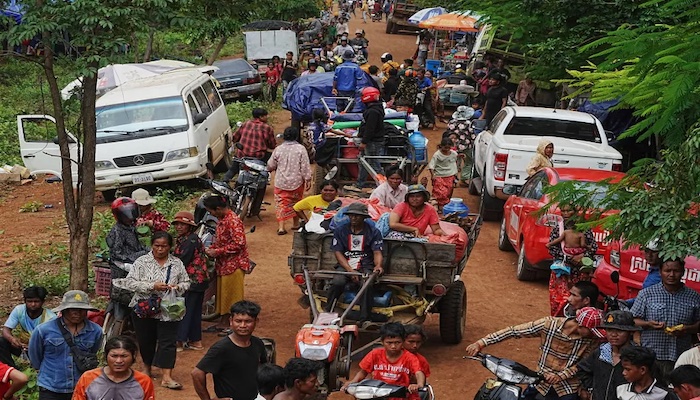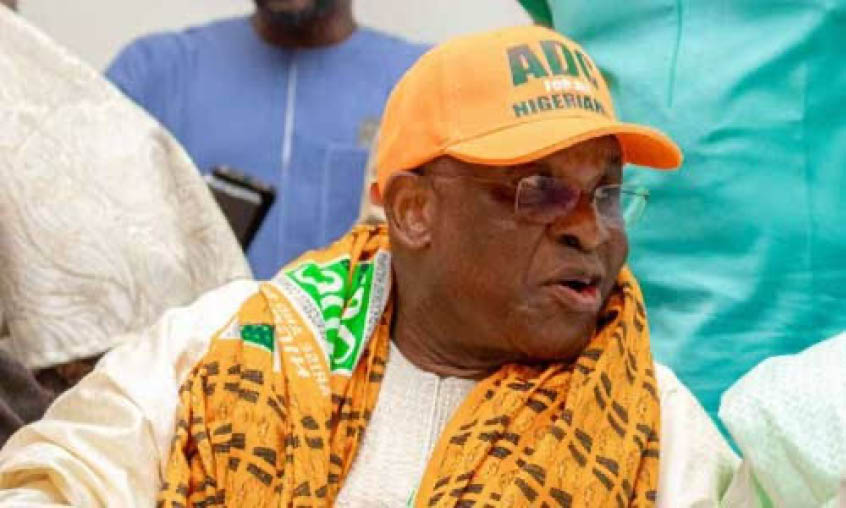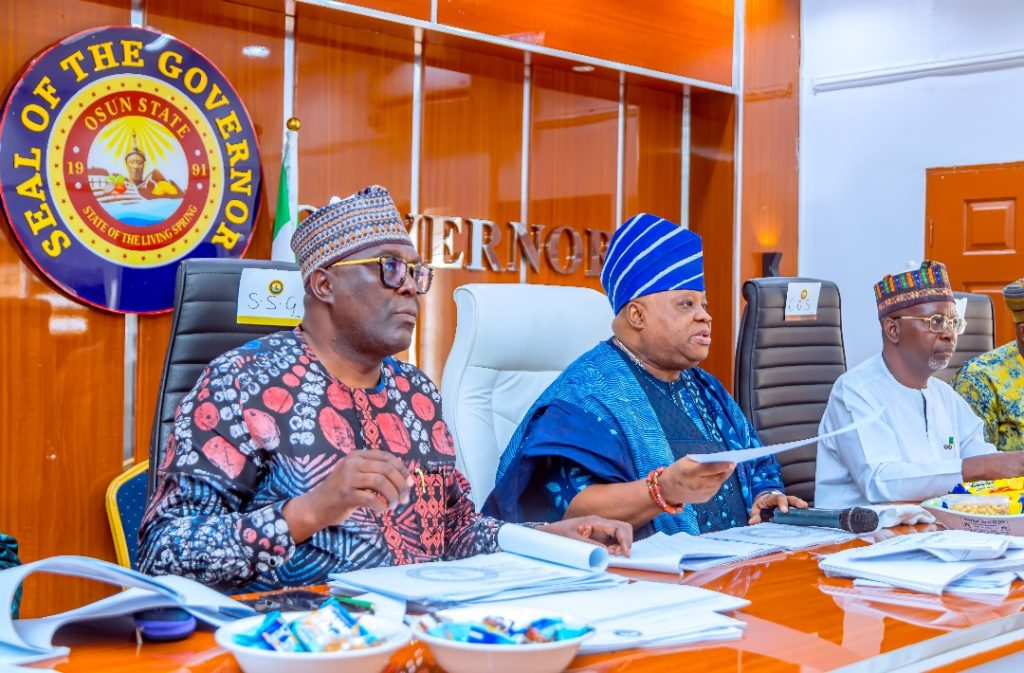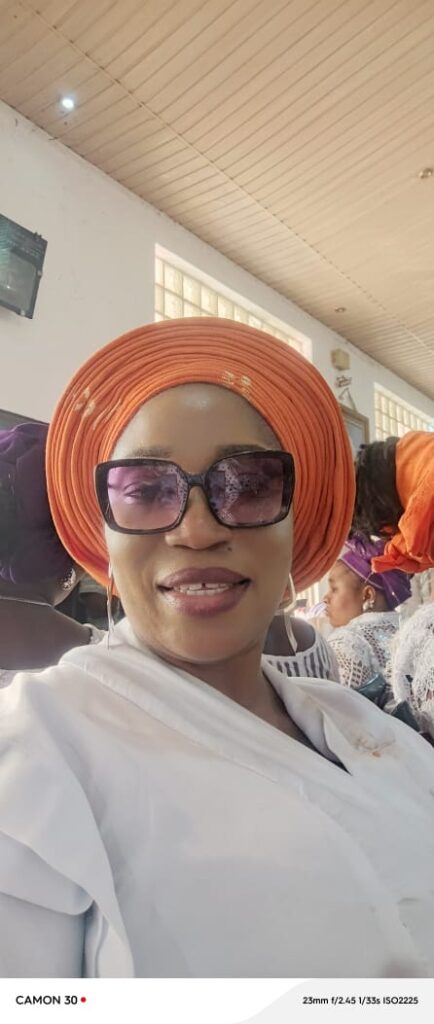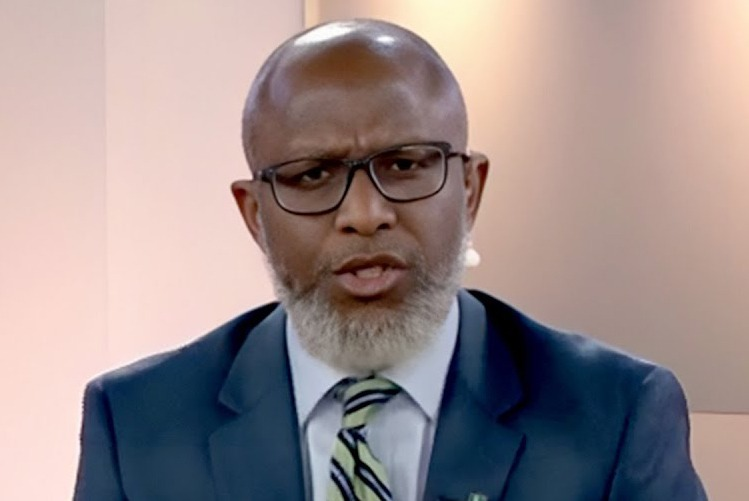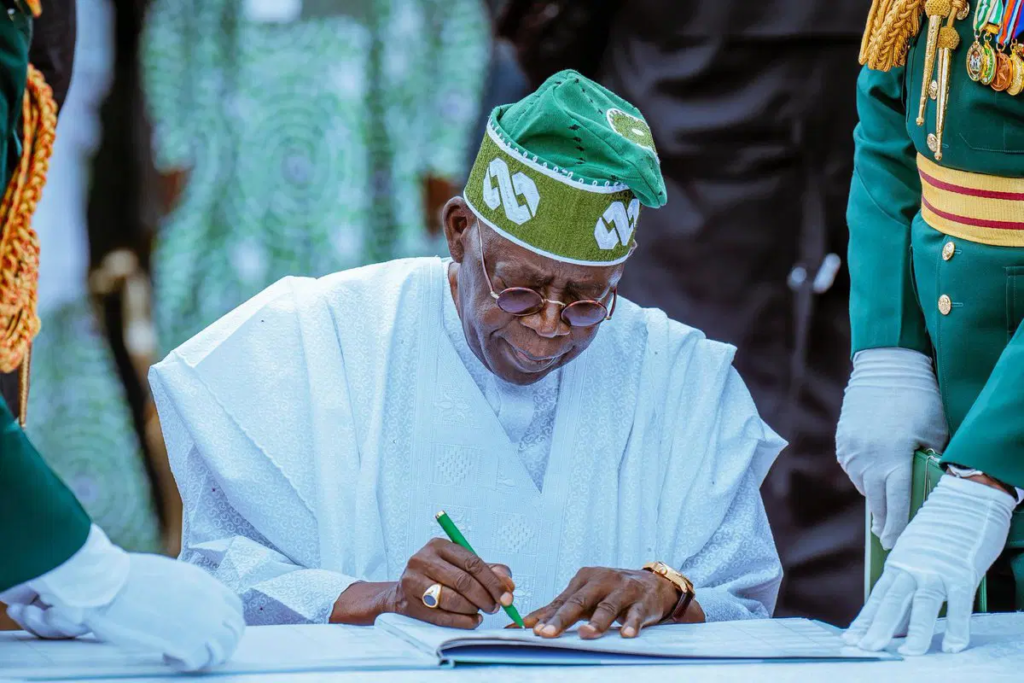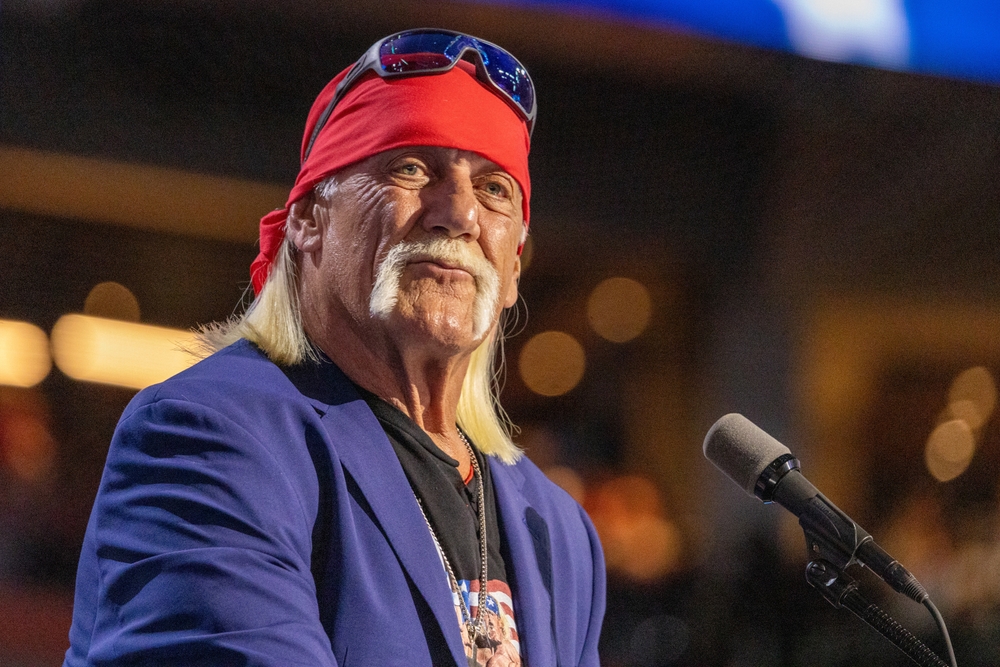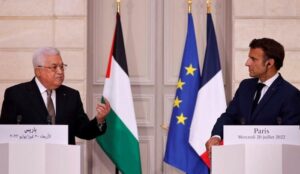The United Arab Emirates planned to use its role as the host of UN climate talks as an opportunity to strike oil and gas deals, the BBC has learned.
Leaked briefing documents reveal plans to discuss fossil fuel deals with 15 nations.
The UN body responsible for the COP28 summit told the BBC hosts were expected to act without bias or self-interest.
The UAE team did not deny using COP28 meetings for business talks, and said “private meetings are private”.
It declined to comment on what was discussed in the meetings and said its work has been focused on “meaningful climate action”.
The documents – obtained by independent journalists at the Centre for Climate Reporting working alongside the BBC – were prepared by the UAE’s COP28 team for meetings with at least 27 foreign governments ahead of the COP28 summit, which starts on 30 November.
They included proposed “talking points”, such as one for China which says Adnoc, the UAE’s state oil company, is “willing to jointly evaluate international LNG [liquefied natural gas] opportunities” in Mozambique, Canada and Australia.
The documents suggest telling a Colombian minister that Adnoc “stands ready” to support Colombia to develop its fossil fuel resources.
There are talking points for 13 other countries, including Germany and Egypt, which suggest telling them Adnoc wants to work with their governments to develop fossil fuel projects.
The briefings show the UAE also prepared talking points on commercial opportunities for its state renewable energy company, Masdar, ahead of meetings with 20 countries, including the UK, United States, France, Germany, the Netherlands, Brazil, China, Saudi Arabia, Egypt and Kenya.
COP28 is the UN’s latest round of global climate talks. This year it is being hosted by the UAE in Dubai and is due to be attended by 167 world leaders, including the Pope and King Charles III.
These summits are the world’s most important meetings to discuss how to tackle climate change.
The hope is COP28 will help limit the long-term global temperature rise to 1.5C, which the UN’s climate science body says is crucial to avoid the worst impacts of climate change. But that will require drastic cuts in greenhouse gas emissions, it says – a 43% reduction by 2030 from 2019 levels.
As part of the preparations for the conference, the UAE’s COP28 team arranged a series of ministerial meetings with governments from around the world.
The meetings were to be hosted by the president of COP28, Dr Sultan al-Jaber. Each year the host nation appoints a representative to be the COP president.
Meeting representatives of foreign governments is one of the core responsibilities of COP presidents. It is the president’s job to encourage countries to be as ambitious as possible in their efforts to cut emissions.
The leaked briefing documents seen by the BBC were prepared for Dr Jaber – who is also CEO of the UAE’s giant state oil company, Adnoc, and of the state renewables business, Masdar.

The documents contain a summary of objectives for the meetings, including information about the minister or official Dr Jaber was due to meet and what issues he should raise in the UAE’s efforts to progress the climate talks.
For more than two dozen countries, the documents also contain talking points drawn up by Adnoc and Masdar:
- The Brazilian environment minister was to be asked for help “securing alignment and endorsement” for Adnoc’s bid for Latin America’s largest oil and gas processing company, Braskem. Earlier this month, Adnoc made a $2.1bn (£1.7bn) offer to buy a key stake
- Germany was to be told by Adnoc: “We stand ready to continue our LNG supplies”
- Adnoc suggested the oil-producing nations of Saudi Arabia and Venezuela be told “there is no conflict between the sustainable development of any country’s natural resources and its commitment to climate change”
The BBC has seen an email exchange in which COP28 staff members are told Adnoc and Masdar talking points “always need to be included” in the briefing notes. The COP28 team said it was “simply untrue” that staff had been told this.
It is not clear on how many occasions Dr Jaber and his colleagues raised the talking points in COP28 meetings with foreign governments.
We know, on at least one occasion, a nation followed up on commercial discussions brought up in a meeting arranged by the UAE’s COP28 team.
However, 12 nations have told the BBC there was either no discussion of commercial activities during meetings, or a meeting did not take place.
These included the UK. The leaked documents show the COP28 president had been briefed to “seek government support” to more than double the size of a wind farm off the coast of Sheringham in Norfolk in which Masdar has a stake.

Attempting to do business deals during the COP process appears to be a serious breach of the standards of conduct expected of a COP president.
Those standards are set by the UN body responsible for the climate negotiations, the United Nations Framework Convention on Climate Change (UNFCCC).
The UNFCCC says the “cardinal principle” for COP presidents and their teams is “the obligation of impartiality”.
It told the BBC that COP presidents are “expected to act without bias, prejudice, favouritism, caprice, self-interest, preference or deference, strictly based on sound, independent and fair judgement”.
“They are also expected to ensure that personal views and convictions do not compromise or appear to compromise their role and functions as a UNFCCC officer,” it continued.
Manuel Pulgar-Vidal, the head of the COP20 summit in Peru in 2014, worries a collapse in trust could mean no progress on tackling climate change in Dubai.

